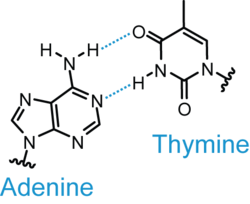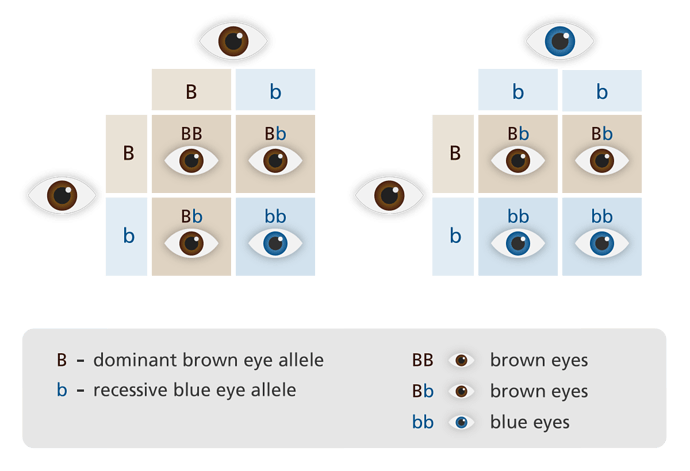What did this project entail and what are some key discoveries? Thanks
The Human Genome Project
This is what we know so far, to a large degree thanks to the Human Genome Project.
The human genome has 23 different pairs of chromosomes. Out of the 23, 22 are autosomes and then there’s an XX or an XY chromosome pair which, among other traits, determines the biological sex. In a diploid organism (a diploid cell is a cell that contains two sets of chromosomes - most human cells are diploid), the 22 autosomes have 44 autosome pairs and each pair is morphologically identical. Each autosomal pair has one and only place where you can find genes for any kind of traits.
Our chromosomes contain approx 25,000 genes and are made up of 6 billion nucleotides or 3 billion base pairs.

Now, what do we know about genes. Genes determine certain characteristics, like the colour of our eyes, or how we metabolise fat. Sometimes, genes are “faulty”, they might have a missing or an incorrect nucleotide at the wrong place, which makes that gene have a different expression than “intended”; it might not function properly. We call these faults - SNPs, or single nucleotide polymorphisms, and each of these SNPs can be either dominant or recessive.
We inherit one gene from our mother and another from our father, so we have essentially 2 genes coding for the same trait - eye colour, for example. If we happen to have both the brown eye gene and the blue eye gene, each on its own chromosome, the result we’ll be that we’ll have brown eyes - since brown is the dominant, while blue is the recessive gene.
What the Human Genome Project did by the end of 2003 was to sequence all 3.2 billion nucleotides. What this allowed next was huge.
It’s now possible to identify human genes, to trace SNPs, to better predict certain medical predispositions, identify possible birth defects, put the basis of personalized medicine, by creating custom therapies and drugs based on genetic make-up, and even repair or engineer new DNA.
Pretty big deal if you ask me. Gratitude towards scientific advances should be a daily practice.
